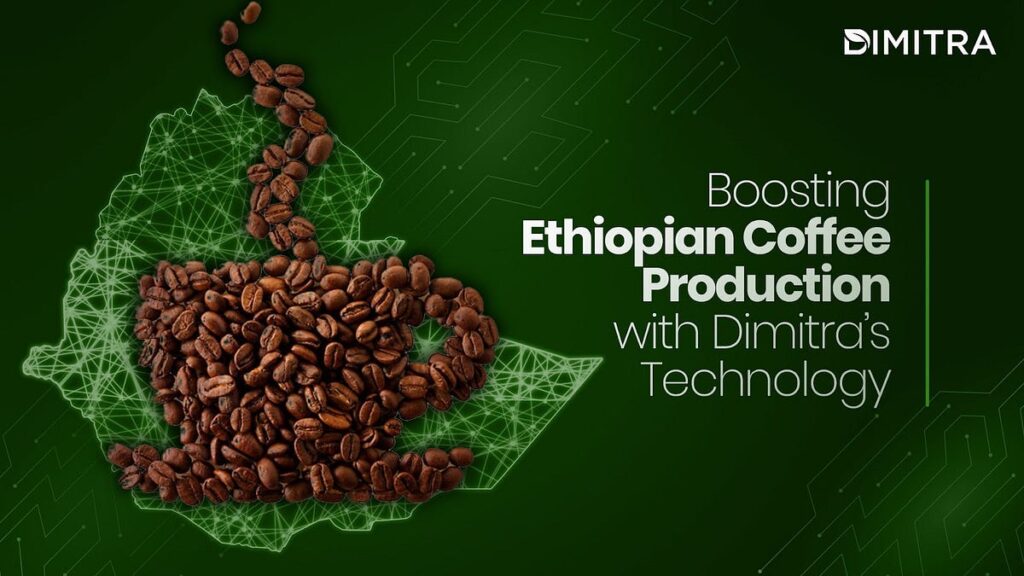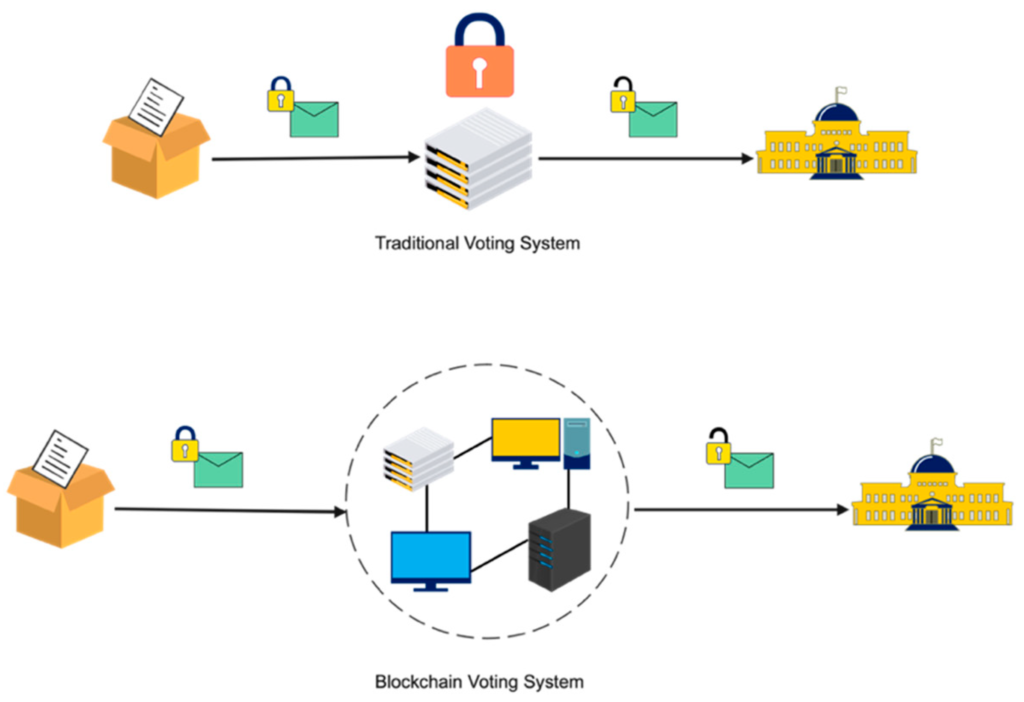-
How does DeFi work? It uses blockchain and smart contracts to enable peer-to-peer transactions (e.g., South Africa’s supply chain), cutting costs and intermediaries.
-
DeFi tackles Africa’s corruption, financial exclusion, and sustainability issues via solutions like land registries and fair-trade supply chains.
-
Africa drives global DeFi growth with BRICS partnerships, energy innovations, and ROI-driven projects like Nigeria’s AgriLedger.
Blockchain technology has inspired innovators worldwide to pursue change, to usher in a new era. What started as Bitcoin soon evolved into a decentralized network, NFTs, fintech, and now Decentralized Finance (DeFi) has taken center stage. From South Africa’s renewable energy revolution to Ethiopia’s coffee blockchain, DeFi is reshaping Africa’s financial landscape—and BRICS nations are leading the charge.
Why should you care? Whether you’re an investor exploring untapped markets in BRICS-aligned countries (e.g., South Africa’s DeFi growth), an innovator seeking inspiration from projects like Ghana’s blockchain land registry, or simply curious about how blockchain solves real-world problems (e.g., Mozambique’s land sustainability), this article reveals DeFi’s transformative power. Answering a popular question: How does DeFi work?
How Does DeFi Work? How It Works & Why It Matters
Finance is a cornerstone of humanity, allowing us to transact and trade. Yet traditional banks have continuously failed us. The solution started in the simple form of Bitcoin but has transformed into the mighty DeFi industry in under two decades.
DeFi operates on blockchain networks, enabling peer-to-peer financial transactions without intermediaries like banks. Imagine a farmer in South Africa selling crops directly to a retailer in Johannesburg via a smart contract—no paperwork, no delays, just instant, transparent transactions.
ALSO, READ: How to Buy NFTs in 2025: Updated Guide with New Trends
This essentially alleviates the hustle and bustle of trying to transact and, most importantly, allows you, the user, to avoid the trap called credit cards. Instead of digging into personal debt, you, our esteemed and innovative reader, have the opportune moment to create wealth rather than debt for yourself.
Case Study: South Africa’s Supply Chain Consortium
A blockchain platform connects farmers, distributors, and retailers, enabling real-time data sharing and reducing inefficiencies. This consortium cuts transaction times by 40%, empowering smallholders to compete in global markets.
For instance, a farmer in Limpopo now ships produce to Cape Town within 24 hours, thanks to blockchain logistics. This prime example showcases how DeFi as an industry is a mighty force to reckon with—rather than shining the spotlight on the big and mighty, it gives smallholders a chance to showcase their ingenuity and creativity.
Leveling the playing field and letting customers choose which is better than following a strict line.
Smart Contracts in DeFi
These self-executing contracts automate processes like cross-border payments. For instance, Nigeria’s BitPesa model allows businesses to bypass costly banking fees, a game-changer for entrepreneurs.
A Lagos-based exporter saved $15,000 in fees last year by using DeFi platforms, reinvesting savings into equipment upgrades. Smart contracts in DeFi enable a level of automation, alleviating you, the business holder, from cumbersome tasks to focus on improving your business quality and services.
Innovations That Empower You
DeFi Insurance Protocols
Traditional insurance often fails rural Africans due to high costs and fraud. Enter blockchain, a technology that embodies a sense of true freedom and equity by forgoing any specialities and focusing on what you, as creative Africans and individuals, can do. That is true change. In fact, the majority of the common man sees insurance policies as nothing more than a scam.
There have been many instances where individuals pay their insurance gracefully, but when it’s time to cash in, it’s like a fight for your life simply to get aid. As a result, traditional insurance has had poor ratings in Africa, with many opting to rely on grace and good luck since they know that when insurance is involved, it’s like fighting wolves for simple aid.
Case Study: Mozambique’s Land Management
Blockchain tracks land ownership changes, reducing disputes by 30% and promoting sustainable practices. Farmers now access credit using digital land titles, transforming agriculture. A farmer in Gaza Province secured a $5,000 loan to build irrigation systems, boosting crop yields by 40%.
In Africa, greedy and corrupt leaders are rampantly and well-known for land grabbing due to their ability to falsify documentation. DeFi as an industry enables the use of blockchain technology to solidify the ownership of one’s land. This protects land for its rightful owner and creates a defense against corrupt leaders seeking to fill their bellies instead of serving their people.
African-Led Projects
Ethiopia’s Coffee Blockchain: Farmers receive fair compensation via transparent supply chains. Previously exploited by middlemen, they now earn 20% more income. A co-op in Yirgacheffe reported $200,000 in additional revenue last year.

Previously exploited by middlemen, they now earn 20% more income. A co-op in Yirgacheffe reported $200,000 in additional revenue last year.[Photo: Dimitra-Technology]
Nigeria’s Agricultural Initiative: Smallholders use blockchain to bypass exploitative intermediaries, selling directly to global buyers. A farmer in Kano now exports shea butter to Europe, earning 3x his previous income.
DeFi’s Role in Financial Inclusion
Over 170 million Africans lack bank accounts, a gap brought about by poor integration from traditional banks, overpriced interest rates, and a need to profit rather than aid those who are unaware. DeFi bridges this gap in a way that overshadows the long, deep gaps from banks. Many often state that the future of DeFi technology lies in transforming Africa’s financial pitfalls.
Case Study: Ghana’s Land Registry
Blockchain secures land titles, enabling farmers to access credit. Previously unable to prove ownership, they now invest in irrigation and seeds, boosting yields by 25%. A farmer in Ashanti Region used his digital title to secure a $10,000 loan for solar-powered pumps.
BRICS Spotlight: South Africa’s Renewable Energy Projects
Peer-to-peer solar energy trading uses blockchain to democratize energy access. Households trade excess solar power, reducing reliance on costly grids. A community in Soweto saved $30,000 in energy costs last year through a blockchain-based microgrid.
The Future of DeFi Technology
Africa’s DeFi ecosystem is booming. Smart contracts in DeFi, DeFi’s role in financial inclusion, DeFi insurance protocols, DeFi vs traditional finance, and DeFi as an industry all showcase a mighty surge. For instance, South Africa leads cross-border DeFi initiatives, partnering with Brazil and Russia to standardize regulations. A joint task force aims to launch a BRICS DeFi hub by 2025. Rwanda’s blockchain sandbox and Ethiopia’s fintech policies attract startups, fostering innovation. Rwanda’s regulatory framework has already drawn 15 blockchain firms, creating 500 jobs.
Your Opportunity
Learn from Sierra Leone’s blockchain voting system, which reduced fraud by 50%. A factor various African countries are in desperate need of—but let’s not get into that. Developers can build similar solutions for local governance, while investors can fund projects like Nigeria’s AgriLedger. A $50,000 investment in AgriLedger’s seed round yielded a 300% return in two years.

Application of a blockchain voting system.[Photo: MDPI]
Conclusion
DeFi isn’t just tech—it’s a tool for Africa’s transformation. From BRICS-aligned innovations to grassroots projects, the future is decentralized. We at Web3Africa.news only seek to align ourselves with entities that foster true change and growth, not those who seek control and dominance and are averse to change.
Above all else, we value you, our reader, and refrain from aligning ourselves with entities that do not share this dream and vision. Blockchain is the future of technology, and BRICS is an organization that embodies this belief, seeking not to empower the strong but to give all a choice, for Web3 is freedom free of corruption.
Call To Action
Join Web3Africa.news to track projects, news, and entertaining information that seeks to tell the truth rather than lies that suit the narrative of whatever entity we’re associated with. To keep up with the entertaining narrative, focusing only on truth and information that empowers, sign up below.

